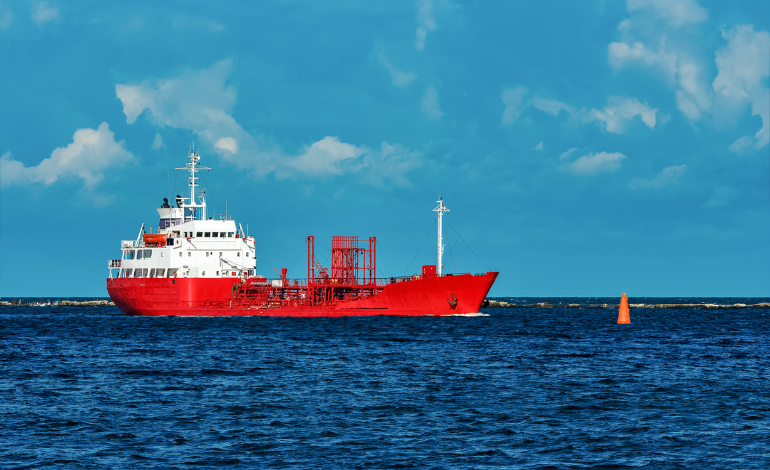Tuvalu is in negotiations to secure a long-term maritime access agreement with regional shipping carriers to ensure regular scheduling of cargo and essential goods. The Government has raised concerns about inconsistent shipping services which have led to shortages of construction material, fuel, food staples and medical supplies.
Due to Tuvalu’s remote location and low cargo volumes, shipping operators often face high operating costs. As a result, vessel schedules can vary significantly, causing delays that affect both households and businesses. The proposed long-term arrangement seeks to stabilise shipping frequency and introduce agreed service commitments between carriers and the Government.
The Ministry of Transport and Communications is leading discussions with shipping companies that currently service routes between Fiji, Samoa and Tuvalu. Negotiations involve freight rate structures, minimum service levels, and options for shared logistics support at Funafuti port.
Business groups have welcomed the initiative, noting that unpredictable shipping has raised costs for retailers, construction companies and agricultural producers. For example, delays in building materials have slowed housing developments and public infrastructure projects on several islands.
The agreement framework also includes consideration of refrigerated container capacity for perishable goods and export items. Improved cold chain logistics would support local enterprises involved in fish processing, fresh produce supply and handicraft distribution.
Development partners have indicated willingness to support port capacity improvements to complement the shipping arrangement. This could include upgrading storage facilities, navigation aids and cargo handling equipment.
The negotiation process is ongoing, but Government officials believe a workable model can be achieved. Once finalised, the arrangement is expected to enhance supply chain reliability and reduce the risk of sudden shortages.



